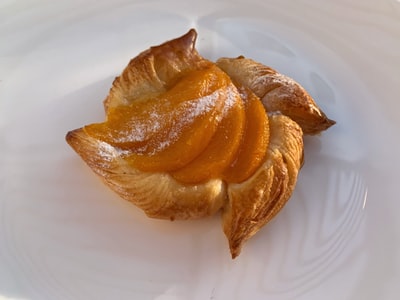‘Porphyria’s Lover’

Pathetic Fallacy– This is when the weather reflects character’s emotional states. As the speaker creates the pathetic fallacy, he is falsely associating his own emotions with the weather, something which Porphyria does not do, she comes in and lights a fire. It is the speaker who is ‘sullen,’ not the wind. This only adds to the impression of madness and his unreliability.
——————————————————
‘My Last Duchess’

Past Tense– The duke talks about his ex-wife in the past tense implying that she is not only divorced from him, but that something more sinister might have happened to her. When he says ‘there she stands, as if alive,’ it is a comment on the talent of the painter but also a nod to her mysterious absence.
Syntax– Browning uses the subordinate clauses in long sentences to include revealing ‘asides’ to the duke’s monologue, which seem to express his private thoughts within his statements to the envoy. Throughout the poem Browning uses long sentences punctuated by commas but in the middle of the poem he uses semi colons for dramatic effect: ‘This grew; I gave commands; Then all smiles stopped together.’ The abruptness of the punctuation changes the tone of what the duke is saying, he sounds firm and assertive, this could be interpreted as a warning to the envoy.
Argument– Key to Browning’s poetry is the speaker’s argument, here he is persuading the listener, or perhaps himself, that there was something wrong with the way his last duchess behaved towards him. He uses the imperative to influence how the auditor ought to view the painting. He also pretends to use the voices of other characters but speculates rather than quoting directly so that we only see his point of view.
Browning makes it clear that there are two voices acting within this poem, what he says aloud as part of a tour of his home, and what is really going on in his head, what really happened with his wife. Moreover, the ostensive listener is the envoy for the count, however the reader feels that the argument of the poem is with his absent wife, as opposed to the passive envoy.